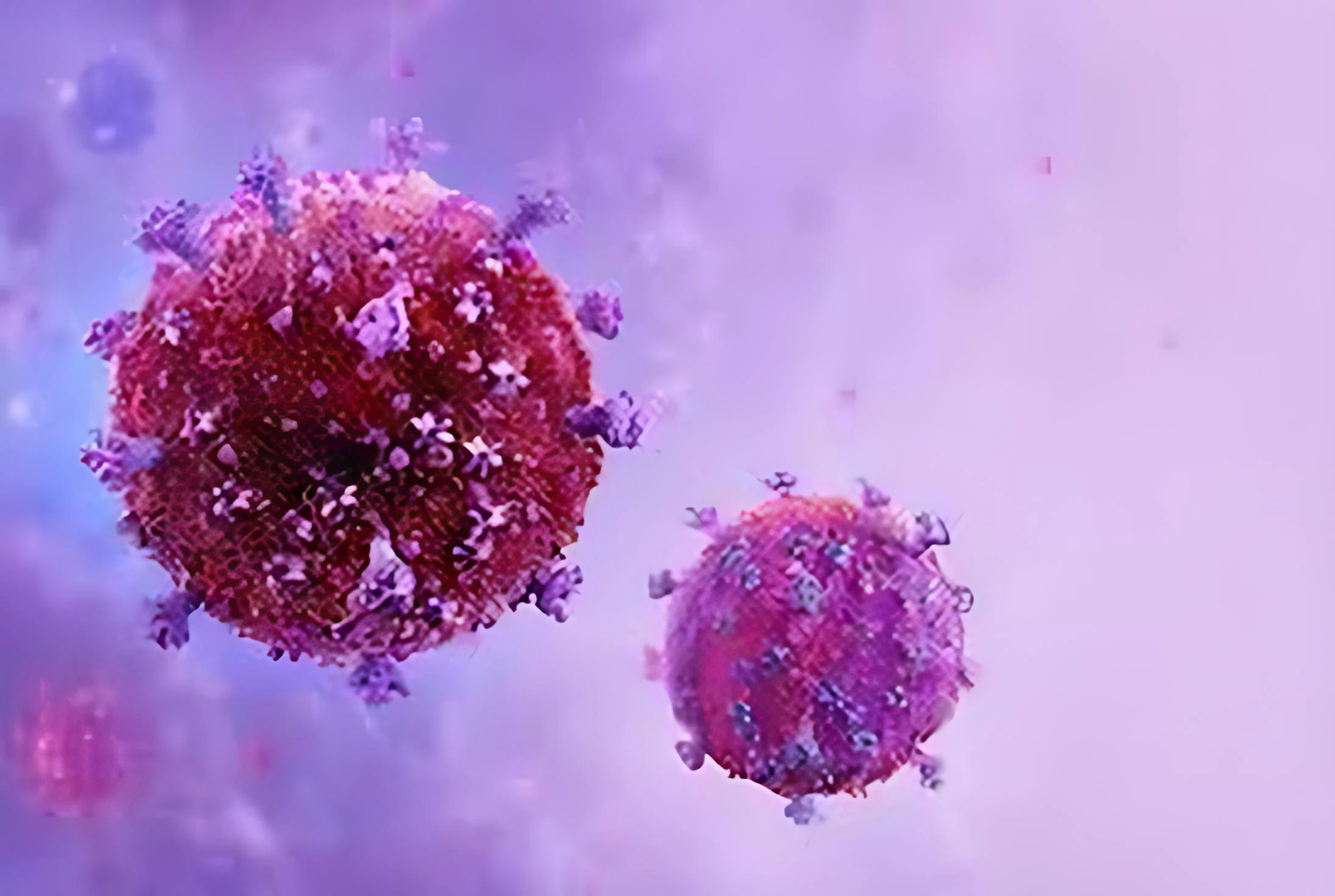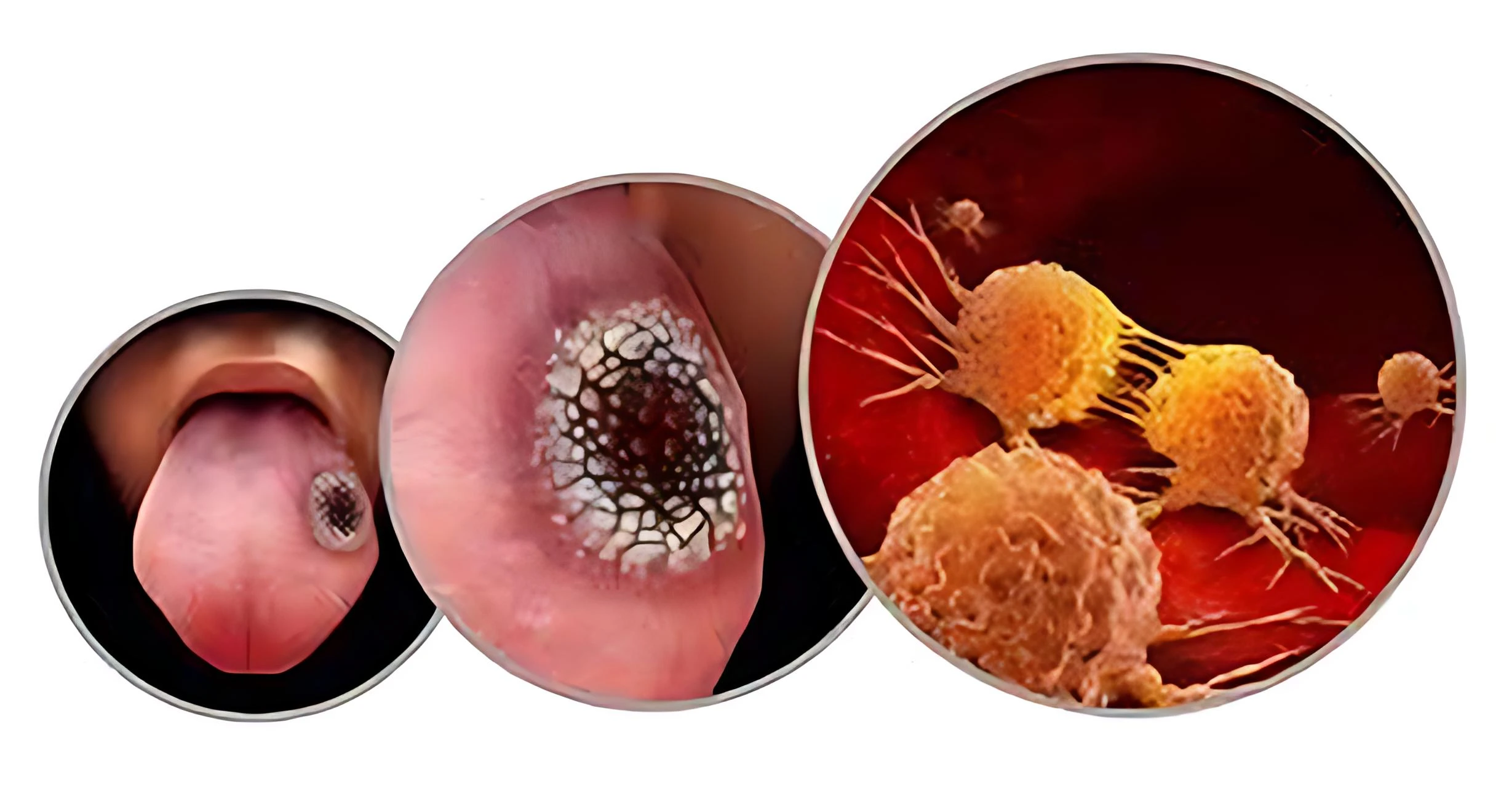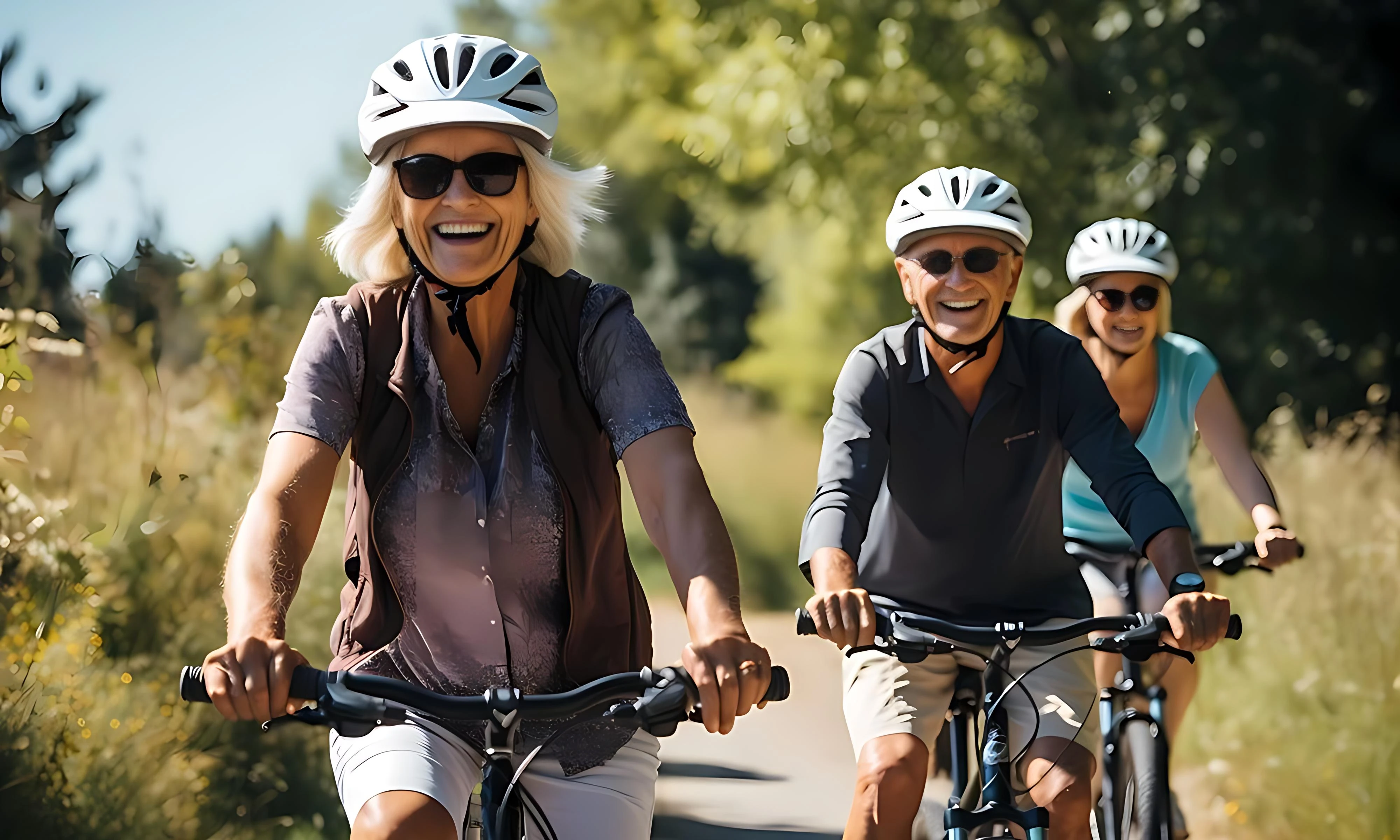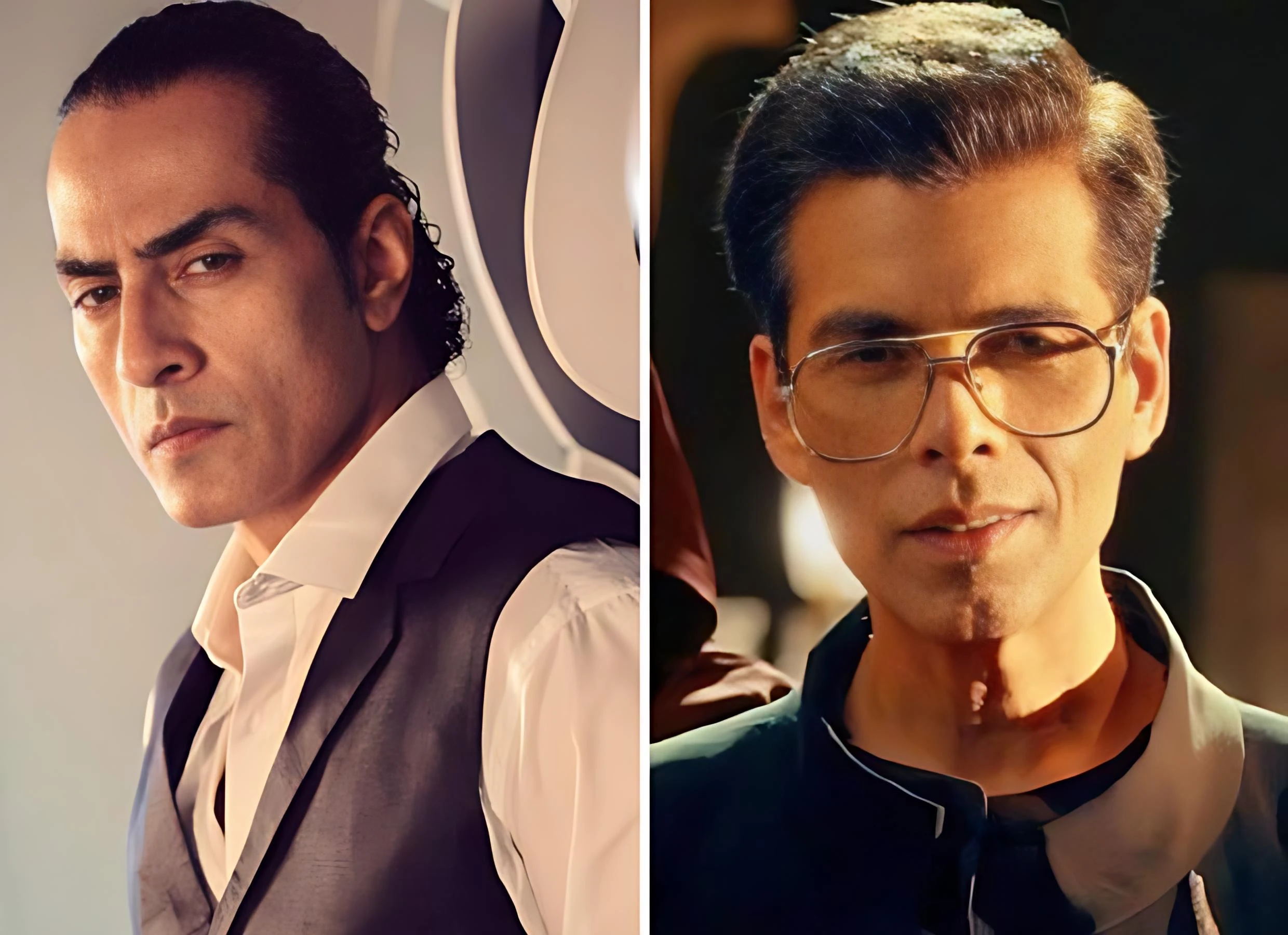The age of 36. For some, it’s the sweet spot in life, a place where wisdom meets youthful energy. this is the story of Nikki Osman.
For others, it’s a stark reminder that the carefree days of their twenties are long gone, and the reality of adulthood begins to set in. If you're like me, you've already begun to feel that subtle shift—your body doesn’t recover as quickly as it once did, and a night out that used to be a carefree affair now leaves you feeling sluggish for days.
If you’re still indulging in the habits of your youth, this might be the time to reevaluate how you’re living.
A Study That Made Me Rethink My Habits
This shift in health is something a recent study from Finland brought into sharp focus. Researchers tracked the health of 326 participants over five decades, assessing them at ages 27, 36, 42, 50, and 61. The study revealed a concerning pattern: risky health behaviors such as heavy drinking, poor diet, and lack of exercise, were linked to deteriorating mental health, physical well-being, and an increased number of metabolic risk factors. What was particularly startling was that the age when these effects began to show up was 36.
When I read the findings, I couldn’t help but nod along. At 36, I felt like I was already at that crossroads. While I was far from an alcoholic, I had spent many of my twenties and early thirties enjoying what some might call a “party lifestyle.” Nights out, casual drinks with friends, and spontaneous celebrations were my norm. And for years, I didn't think much of it. But by the time I hit 36, something shifted. It wasn’t a dramatic, one-day realization, but rather a subtle awareness that alcohol was no longer serving me in the same way it had in the past.
I began to notice the emotional toll alcohol was taking. The anxiety after a few drinks, even just a single glass of wine, was becoming unbearable. The hours following the buzz were often filled with dread, regret, and frustration. My body’s energy levels were unpredictable, and the days that I spent feeling sluggish or overly tired were beginning to outnumber the days when I felt like I could conquer the world. I was no longer bouncing back the way I used to, and I knew I had to make a change.
It wasn’t about hitting rock bottom or having a dramatic incident. It was simply the cumulative effect of years of moderate drinking and how it had started to wear on me. And so, I made the decision to quit drinking – not because I had to, but because I wanted to feel better.
The Decision to Stop Drinking
The last drink I had was on my 36th birthday. I celebrated at an east London pub, and I remember enjoying my night, but not feeling the same joy I once did. I’d already been moderating my drinking for months, trying to scale back, but it wasn’t until that night that I made the conscious decision to walk away for good. I wasn’t in a situation where I was drinking excessively or in need of intervention, but I could feel my body saying, “Enough.” The next week, at a colleague’s leaving party, I cracked open a can of gin-in-a-tin and took a sip. That was the moment I knew I was done.
There was no dramatic scene. I didn’t go through a painful withdrawal or emotional breakdown. It was simply a matter of feeling a deep sense of clarity. I could see that alcohol, while fun in my twenties, no longer aligned with the life I wanted to lead. And with that, I made the decision to quit drinking, not as a punishment but as an act of self-care.
The Transition to Sobriety
Quitting alcohol wasn’t easy at first. There were moments of doubt, and I found myself questioning whether I was missing out on the fun of socializing or whether I was taking this whole “health” thing too seriously. But over time, something remarkable happened. The clarity I gained from staying sober began to outweigh the temporary pleasure I got from drinking.
What followed was an unexpected but powerful shift in my social circle. While I was the only one initially deciding to stop drinking, I soon found that many of my friends began rethinking their own habits. Within months, two close friends had also tried sobriety, and many others began cutting back on alcohol, swapping it for healthier pursuits like running, yoga, and even cold-water swimming. It was clear that turning 36 had become a natural milestone for many of us to reexamine our lives and our habits.
Health Benefits of Quitting Alcohol
Quitting alcohol at 36 has given me remarkable health benefits that I wasn’t expecting. I noticed within a few weeks that I was sleeping better, and my energy levels began to stabilize. The brain fog I had lived with for so long gradually lifted. More importantly, I began to feel a profound sense of emotional stability that had previously been absent.
One of the most significant improvements has been my mental health. Alcohol, while it can feel like a quick fix for stress or anxiety, only exacerbates the issues in the long run. When you’re sober, you have the mental space to process emotions in a healthier way. The bouts of anxiety that would follow a night out no longer haunted me, and I felt more present in my day-to-day life.
Physically, I’ve noticed a decrease in inflammation, particularly in my joints and skin. I no longer suffer from the post-drinking bloating or the fatigue that would follow an evening of drinking. Instead, I wake up each day feeling rejuvenated, as if I had given my body the rest it desperately needed.
The Social Pressure
One of the hardest parts of quitting drinking was dealing with the social pressure. In many social circles, alcohol is the centerpiece of the gathering. From casual get-togethers to weddings, it can feel like you’re not part of the group if you’re not drinking. But the truth is, the longer I stayed sober, the easier it became to resist the pressure. More importantly, I noticed that my friends respected my decision, and many of them began to embrace sobriety or at least cut back themselves.
It was also eye-opening to realize how often we drink out of habit or to conform, not because we actually enjoy it. By staying sober, I was able to reclaim my social power and control over my choices. I realized that I could have just as much fun, if not more, without alcohol.
The Shift from Party Lifestyle to Healthier Habits
The decision to quit drinking didn’t mean I had to give up the fun and excitement of life. If anything, it led to a more vibrant and fulfilling existence. I began replacing my old habits with new, healthier ones. Running became my new hobby, and I found peace in yoga. These activities didn’t just keep me physically fit but also mentally sharp. Cold-water swimming became an obsession, offering an exhilarating way to reconnect with my body and my surroundings. I also took up cooking in a way I hadn’t before, experimenting with healthy, delicious meals that fueled my body.
I’m not alone in this shift. Many of my peers, who were once heavy drinkers, are now living healthier, more active lifestyles. The temptation to drink is still there, but we’ve collectively realized that our bodies are our most valuable assets, and we don’t want to waste them on habits that don’t serve us anymore.
It’s Never Too Late to Start
What the Finnish study and my own experience have taught me is that it’s never too late to make a change. The earlier you make a conscious decision to adopt healthier habits, the better your chances of preventing the long-term effects of poor lifestyle choices. But even if you’re already in your mid-thirties or older, it’s never too late to shift gears and prioritize your health.
For me, quitting drinking wasn’t about perfection. It was about embracing the fact that life, health, and happiness are all about balance. And I’ve found that balance in a life free from alcohol. While turning 36 might have been the catalyst, it’s what I’ve done with that realization that has truly changed my life for the better. So, if you’re contemplating a change, know that the best time to start is now. Your body will thank you for it.








